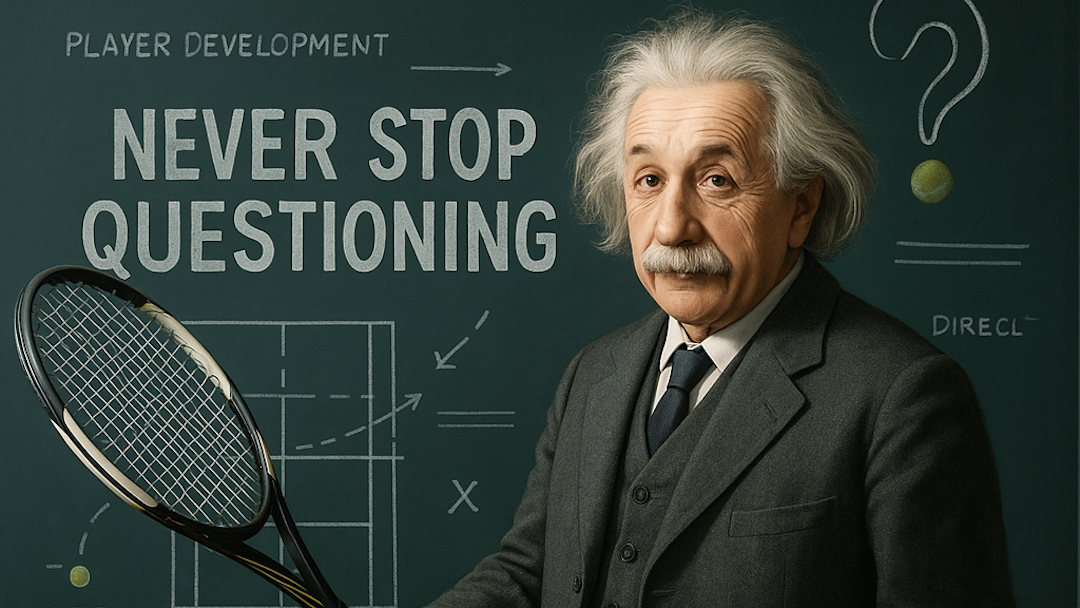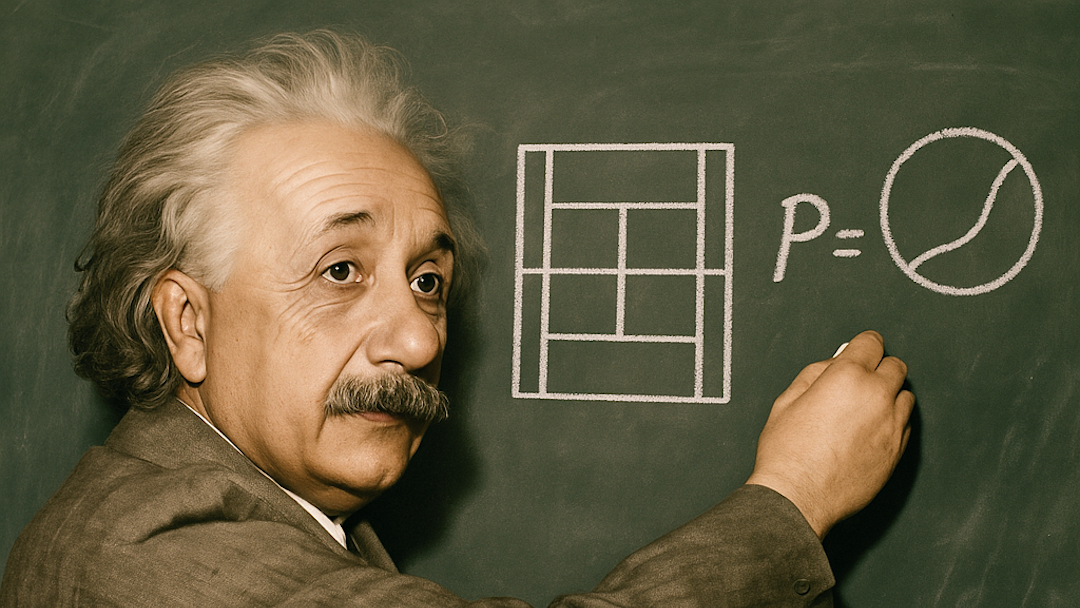Throughout 2024, I am dedicating the first full weekend of every month to exploring the application of design-oriented thinking to improve our tennis lives. This series is inspired by a practice and philosophy described by Bill Burnett and Dave Evans in their book Designing Your Life: How to Build a Well-Lived, Joyful Life. This weekend is all about choosing happiness.
Happiness is a complex and multifaceted emotion that endures beyond fleeting moments of joy or pleasure. It encompasses a deep sense of contentment, fulfillment, and well-being that arises from how we perceive our lives. Happiness is intrinsically linked to mindset rather than external circumstances. People can intentionally choose happiness by cultivating positive emotions, building meaningful relationships, and finding purpose.
Happiness is closely linked to decision-making because our choices significantly influence our emotional well-being. Every decision shapes our experiences, relationships, and the paths we take in life. When we make choices that align with our values, goals, and authentic selves, we are more likely to feel satisfied and content, leading to greater happiness.
The decision-making process, such as how we evaluate options, handle uncertainty, and cope with outcomes, affects our emotional state. A mindful and intentional approach to making decisions can foster a sense of control over our lives and contribute to long-term happiness. In this way, joyful emotion is a product of our decisions and how we make them rather than the results.
When playing tennis, people must make many quick decisions on the court. It is a game of constant adjustments, fast reactions, and unpredictable variables. Players are coached to focus on the process and the performance rather than the results. That mindset promotes long-term development and helps players develop the skills and habits needed to perform under highly dynamic conditions.
When tennis players focus too much on winning or losing, they experience anxiety, stress, and discouragement when matches don’t go their way. This results-oriented mentality can lead to a perception of unhappiness with the sport. On the other hand, focusing on effort and attitude in the present moment fosters greater enjoyment of the game and a healthier psychological approach to competition.
The same process-oriented approach that benefits players on the court can also enhance our overall engagement with tennis. Emphasizing the joy of playing, connecting with others, and savoring the moments of fun and relaxation can make the sport more rewarding and fulfilling. In turn, that cultivates a deeper love for the game and ensures it is a source of joy and relaxation in our lives.
It is important to remember that you CAN choose happiness, regardless of how you engage with tennis. Embracing the sport as an opportunity for joy, connection, and personal growth that offers a chance to be present and appreciate the experience for what it is. Happiness is not just a result but a result of good choices. The key is focusing on perfecting the decision-making process rather than making perfect decisions.
Throughout 2024, I am publishing a series of essays imaging how to apply the principles in ‘Designing Your Life: How to Build a Well-Lived, Joyful Life‘ (<- sponsored link), which is a non-tennis book that I have come to believe that everyone should read.
A chronological summary of all posts on this topic is available on the Designing Your Tennis Life summary page.




